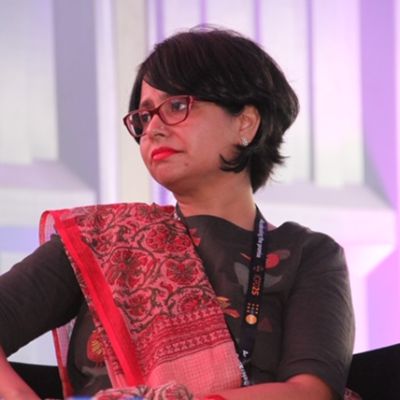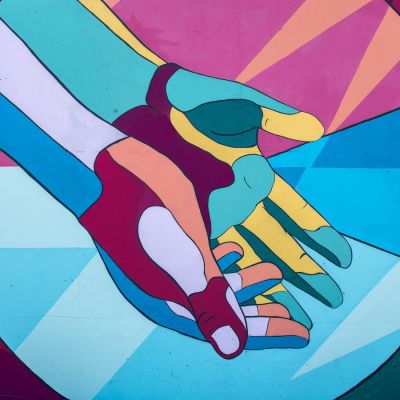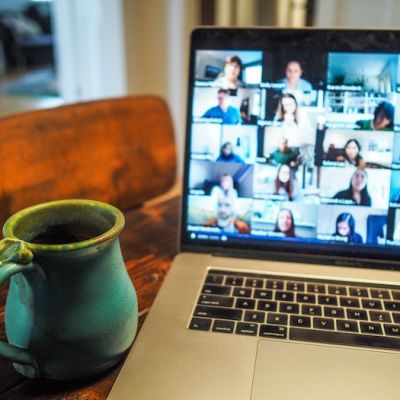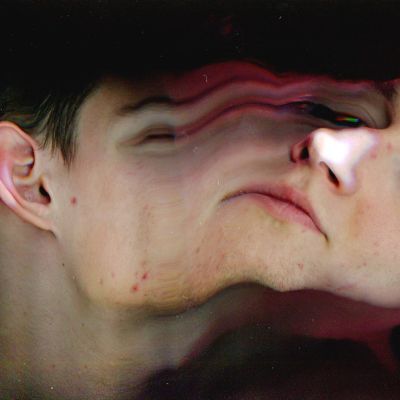innovations and sexuality
But not every issue of discrimination and conflict can go to a court.Say for example, affording privacy to a young adult with disability to understand their body and sexual responses, or enabling them to access accessible sex toys or assistive devices related to sexual pleasure.
Most of us, during childhood, internalised the lesson that sex or pleasure is ‘dirty’ and ‘bad’. Artists around the world are increasingly using ‘tactile art’ to challenge the shame and embarrassment that people feel when they look at their bodies.
The virtual world allows me to challenge the hold of patriarchy on my ‘effeminate’ body; in a sense, it allows me to evade the policing of desire that my body shares with another, its flows and slippages, the messy and the unkempt.
Some nights I worry that if birth control for men is indeed released, clinical trials of which were suspended in 2016 as its side effects, incidentally the same as what women have been dealing with for ages, were just not worth it, it would be named Fuckboi.
For a long time, female bodies were considered similar to male bodies, just shorter, and most research and medical trials focused primarily on the male body with the assumption that the same would work on the female body.
People we refer to as “digisexuals” are turning to advanced technologies, such as robots, virtual reality (VR) environments and feedback devices known as teledildonics, to take the place of human partners.
Cyberspace has given the queer woman a chance to problematize the existing gender and sexual identities which, like any identity, is not static. It allows her to create and occupy spaces which will give her freedom and power in a way that the misogynistic physical world cannot provide.
Facebook. Google. Apple. Microsoft. Amazon. As the white male-dominated Big Five in Silicon Valley monopolise most platforms that guide online interactions almost everywhere outside China, any aspiration towards a feminist revolution has become capitalised.
How might we think of sexuality as innovation, before we jump onto producing new technologies? Does the language of innovation, that of newness, invention and change, have anything to offer in rethinking structures of intimacy?
As advocates of safe, inclusive and sexuality-affirming spaces, we can explore different ways to ensure that the people we are interacting with on dating platforms are legal adults and are not merely wearing a mask of adulthood.
Therapy is a space to heal and grow. It helped me to accept my identity as an anxious, cisgender, South Asian, bisexual woman. Moreover, I have come up with the perfect response next time someone asks me, “But why do you think you are bisexual?”











